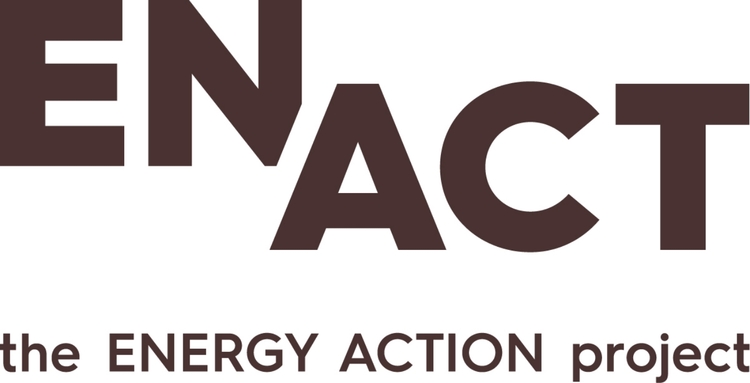Podcast: Tackling high rates of energy poverty in rural Armenia
A recent survey finds that only 15% of people fully agreed that their home was “always warm enough”.
Visiting homes in rural Armenia to learn about how people get and use energy is like stepping back in time. Men collect wood and dry dung; women spend most of their days 'managing' the stove -- for heating, cooking and household chores.
In the first of a two-part series, three experts talk EnAct through the general context of energy in a country striving to achieve a clean energy transition while needing to bring modern energy technologies to large rural populations living in extreme energy poverty.
Alyssa Bougie carried out research on ‘energy cultures’ in rural Armenia for her M.Sc. in Landscape Ecology at the University of Hohenheim (Germany). In surveying more than 200 homes, she investigated people’s norms, practises and beliefs, while also also taking into account external influences such as available energy infrastructure - i.e. whether there are gas pipelines, good roads to bring in new technologies, and reliable and resilient power lines. Other factors included energy policy and energy pricing.
Astghine Pasoyan is Executive Director of the Energy Saving Foundation and Energy Efficient Finance Expert with LDK Consultants. Over the past decade, she has managed energy efficiency (EE) planning and legal reform efforts, market assessment and identification of potential for promotion of energy conservation and efficiency in various sectors of economy, capacity building, development of financing schemes for building EE investments and public outreach.
Norayr Ben Ohanian is an adjunct lecturer at the American University of Armenia (AUA) and the Energy Efficiency and Renewable Energy Projects Coordinator at the AUA Acopian Center for the Environment. In this role he helped launch the annual Sustainable Energy Academy in collaboration with the South Caucasus Regional Office of the Heinrich Boell Foundation.
Beyond Alyssa’s recent research to find out more about who is vulnerable to energy poverty in rural Armenia, Astghine and Norayr have been deeply involved in identifying systemic barriers to the desperately needed energy transition. The podcast wraps up with a summary of actions underway, led by government agencies, universities, NGOs and others — often in collaboration.
To read more about drivers of energy poverty and actions underway, click here for a blog by Alyssa Bougie.
EnAct is grateful to the following agencies for financing and support to report on energy poverty in rural Armenia.




